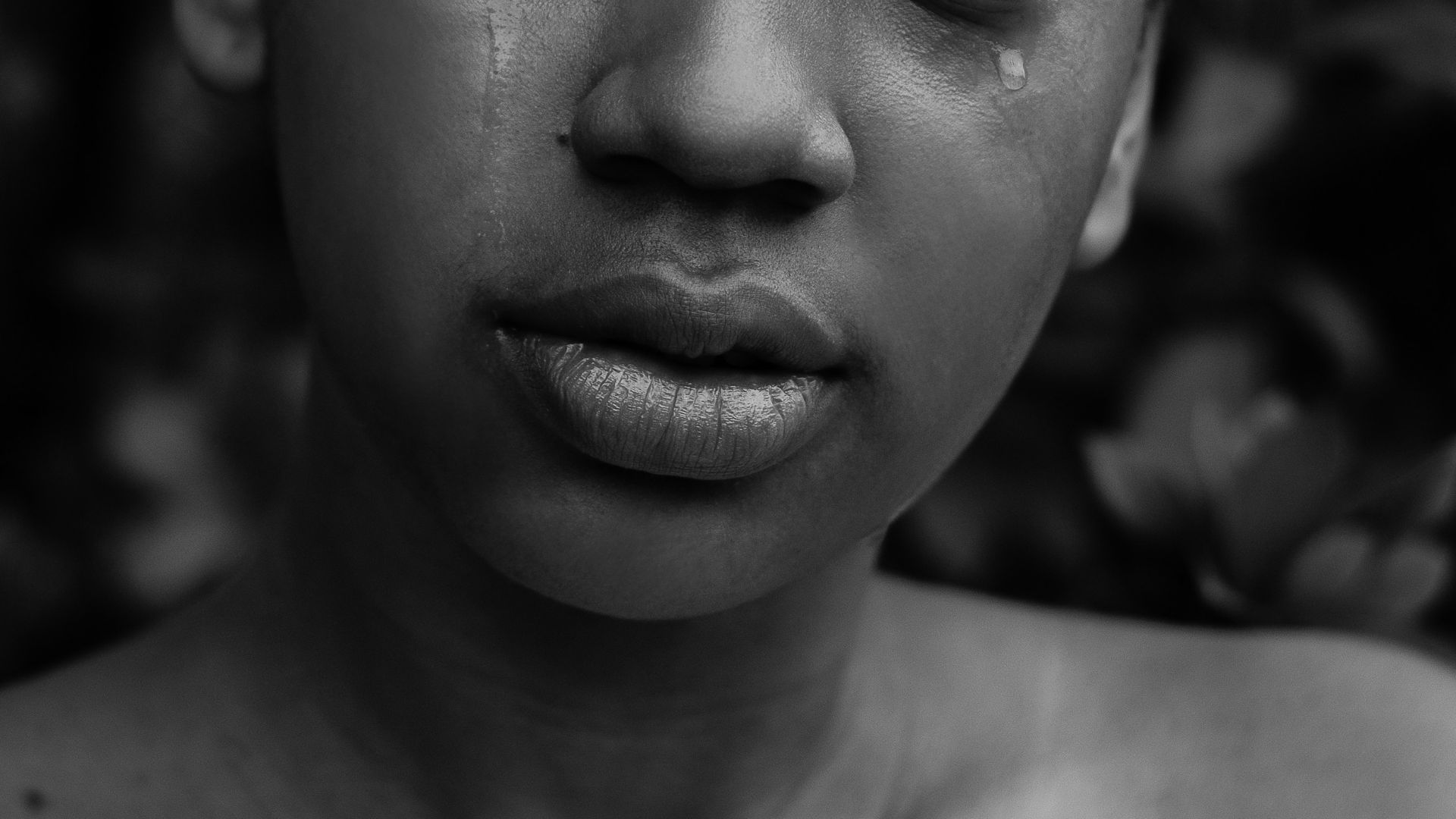It is a common adage: a crisis is enough to derail the most important advances of society. In some regions of the world, global warming and its unprecedented droughts are leading to famine and critical impoverishment of populations living in the most fragile territories. To survive, families rely on the marriages of their daughters, sometimes very young.
However, in many cultures, these unions still go hand in hand with forced genital mutilation, hence the dramatic increase in the rate of cuttings in drought-hit countries.
Global warming and excisions
It is estimated that today more than 200 million women are affected by FGM, or female genital mutilation. Every year, 4 million girls are threatened by these total or partial removals of the external sexual organs, perpetuated in the name of the social norm. The international solidarity association World vision accompanying the poorest children deplores a 30% increase in these mutilations, particularly in the countries that make up the Horn of Africa. This region of the world is particularly affected by climate change and is facing an unprecedented drought. To survive, one often thinks of a solution: the marriage of the girls.
” There the loss of livestock and the desertification of crops undermine the already fragile food and economic security of families (…) On the brink of the abyss, the parents then see in their children’s marriage a solution to their problems and one less mouth to feed. Furthermore, FGM is a rite of passage still too often practiced to prepare girls to become “good wives”. It’s a fact: They’re more marryable when they’re circumcised. »
Camille Romain des Boscs, director of Vision du monde France, Liberation, February 6, 2023
In these regions of the world FGM is illegal, but the law can do nothing against the weight of tradition. In Kenya, up to 98% of women are maimed depending on the county. These imposed scarifications not only concern the Horn of Africa since women are circumcised on all continents (including 53,000 in France), but the impoverishment of populations aggravates this type of practice.
Younger and younger circumcised girls
The climate crisis alone does not explain the recent increase in FGM. Covid has forced many girls to leave school to stay at home, yet statistics establish a direct link between forced marriages and education. The longer the schooling, the higher the marriageable age and the lower the risk of cutting.
The Vision association deplores the fact that these out-of-school girls are always circumcised earlier. The average age of the mutilations was until then around 10 years, but the NGO notes that from now on the affected children are often less than five years old.
This step backwards is also taking place in countries that are very committed to the fight against FGM, such as Burkina Faso. Despite the decline in FGM, impoverished families mutilate their daughters there again to ensure their purity and ensure a prolific marriage. Between April 2021 and April 2022, forced unions took place increased by 119% in these areas particularly shaken by the climate crisis.
Failing to convince polluting countries to change their behavior to save others, World Vision supports families to help them improve their living conditions and develop new profitable businesses. The association also raises awareness among communities and especially their most influential members:
” [Par exemple] NOTOur Kenya Big Dream project aims to improve the living conditions of families, their agricultural practices, to develop income-generating activities, especially through savings and loan groups. Reduces the temptation to marry off children (…) We also work with religious leaders, we educate parents, but also grandparents who are very influential. Alternative ritual ceremonies are instituted and girls’ access to education is strengthened. »
Camille Romain des Boscs, director of Vision du monde France, Liberation, February 6, 2023
Photo credit: Matheus Souza / Pexels
Source: Madmoizelle
Mary Crossley is an author at “The Fashion Vibes”. She is a seasoned journalist who is dedicated to delivering the latest news to her readers. With a keen sense of what’s important, Mary covers a wide range of topics, from politics to lifestyle and everything in between.





